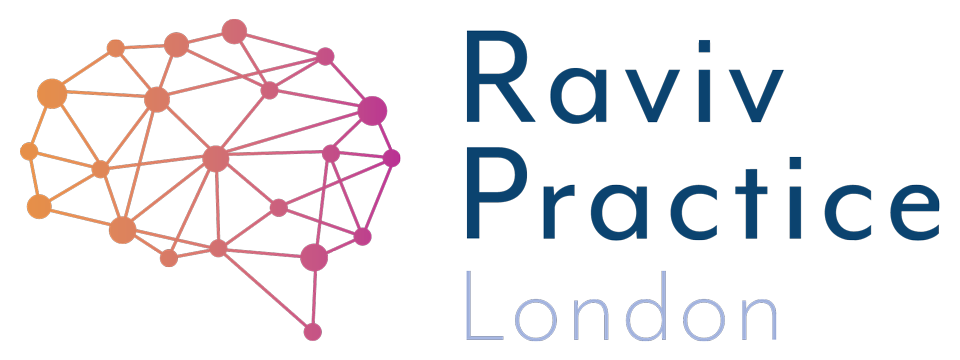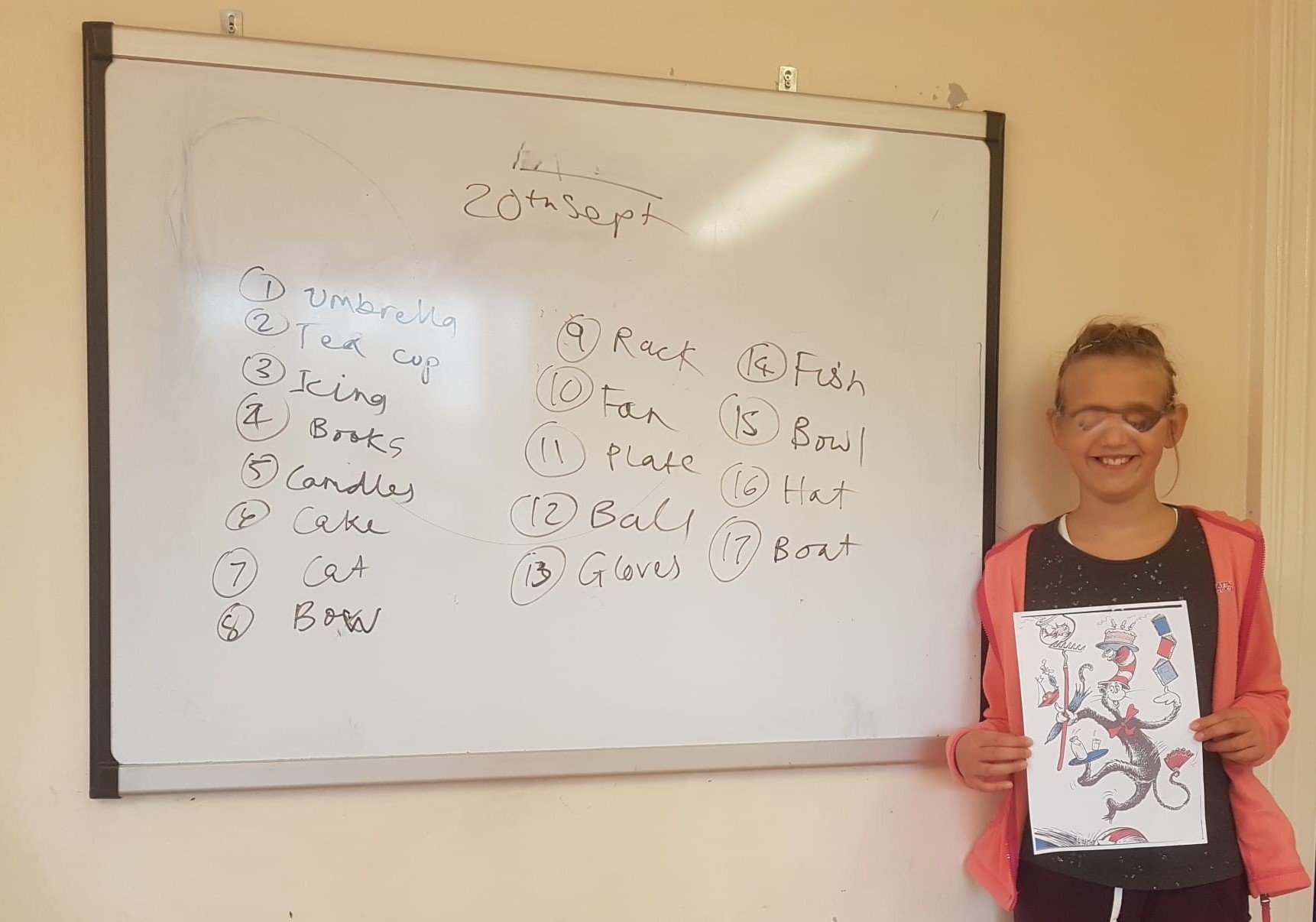
Blog
Usha Patel, Neurocognitive Therapist and Director of Raviv Practice London shares her first-hand experience of working with children /adults and the latest research and upcoming events in her series of blog posts.
Why Cogmed Working Memory Training supports children with dyslexia
Do you have difficulties getting your child up in the mornings? Knowing that your child may not be getting sufficient sleep is worrying.
Sleep is a vital process for children, especially regarding memory consolidation.
Why does my child make spelling mistakes when copying from a textbook?
Is your child bright and creative but still struggles to copy text or spell correctly? It may not be laziness, eye tracking challenges and unintegrated reflexes could be to blame. Learn how to spot the signs and what developmental therapies can do to help.
Will my daughter grow out of her dyslexia and dysgraphia diagnosis?
Many parents ask if children diagnosed with dyslexia and dysgraphia will eventually outgrow these learning differences. While these conditions don’t disappear, early intervention, therapy, and assistive technologies can help children build skills, adapt, and thrive through school and beyond.
Is striving for perfection something children should avoid?
In an early conversation with the father of one of my students, he mentioned that his son, James, always wanted things to be perfect. Perfectionism was a crippling trait for James, who suffered from several co-existing conditions of; dyscalculia, dyslexia and developmental coordination disorder (DCD).
Why is my child always so slow at everything?
Does your child seem to do everything at half the speed of their peers? From daydreaming to struggling with handwriting or reading, slow processing speed might be to blame. Discover what’s behind the delays and how innovative tools like Interactive Metronome® can help your child catch up.
Unlocking potential: the transformative power of working memory training
A 14-year-old student struggling academically due to working memory deficits saw remarkable improvement after COGMED training. Targeted working memory exercises help children focus, retain information, and build confidence.
What the Euros 2024 - England Vs Spain taught us about emotional brains
England’s Euros 2024 defeat highlights how strong emotions can challenge rational thinking. For children with neurodiversity, harnessing emotions positively is key to achieving their goals and building success.
Can dyslexia be ‘cured’ by AI?
AI tools are reshaping how we support students with dyslexia. From thought organisation to spelling correction, technologies like ChatGPT offer new ways to assist neurodivergent learners when used thoughtfully. But is it a solution or a support?
Can you tell if your child has dyslexia just by looking at their handwriting?
While issues with handwriting are certainly considered when it comes to diagnosing dyslexia, they are not actually key indicators themselves. Letter or number reversals can occur for a number of different reasons, and concerned parents should look elsewhere for signs of dyslexia in their children.
Are you neurodivergent and struggle with time management?
Many individuals with dyslexia often continue to struggle because of a weak working memory, even long after good literacy skills have been established. So, in a busy work environment that is increasingly flooded with information, professionals need to stay on track, prioritise activities and overcome the constant distractions that slow productivity.
Having a flashback to a memory long forgotten…
A rainy day in London last December 2022 reminded me of the journey I took to get where I am now in a very unexpected way. My worries just kept on snowballing out of control. I was terrible at spelling. I knew it, my assistant knew it, and the whole architecture studio I worked in knew 'spelling' was not my thing. I was a designer, not a wordsmith.
When Dyslexia doesn’t feel like much of a “gift”
For a long time, dyslexia/neurodivergence was poorly understood in education, and only seen in terms of the challenges it created for both those in more old-fashioned schools and those trying to teach them with outdated methods. It can be called many things: being easily distracted, having poor executive function skills or having poor working memory.
What is the best way to help my undiagnosed child, age six?
Is your happy, curious child dreading school but thriving on weekends? If you suspect a learning difficulty like dyslexia but can’t get a diagnosis yet, this blog is for you. Learn how to support your child at home with simple, powerful strategies that boost confidence, build cognitive skills like working memory, and make learning joyful again.
Help! My child can’t decide which hand to write with!
Many children don’t settle on a dominant handwriting hand by age 5, but persistent uncertainty can cause confusion and delays. In this blog, we explore how reflex integration, bilateral coordination, and therapeutic tools like bal‑a‑vis‑x can gently guide your child toward confident handwriting and motor control.
Why we should all use punctuation stickers
Punctuation and reading rhythm don’t come naturally to every child. Learn how movement-based methods like bal-a-vis-x can improve coordination, comprehension and language fluency.
What age can I get my child assessed for dyslexia?
Is your child at risk of having dyslexia? Are you worried they are falling behind at school? Being concerned about academic progress due to possible dyslexia or neurodivergance is something we pay special attention to.
What sort of therapist can help my undiagnosed child?
What sort of therapist can help my undiagnosed child? If you are a parent looking for help for your child who dislikes the idea of studying or school work, you need to know what alternatives there are to tutoring.
Cogmed Working Memory Training FAQs
Cogmed is the single most scientifically validated method that improves working memory and attention. Cogmed Working Memory Training is suited for individuals with diagnosed and undiagnosed problems. We offer remote training for anyone in the UK or Europe.
When do I need a tutor for my child if I suspect they have dyslexia?
There is no way to have a definitive diagnosis of dyslexia before the age of 8. There are simply too many factors in the child’s development before that age and, of course, every child develops in their own unique way.
Strengths of children with dyslexia + SEND
Children with dyslexia and SEND are more inclined to have a growth mindset and natural resilience. Emotional resilience plays a big role in success in both academics and in life in general. This blog post explores the importance of emotional resilience for all children.






















